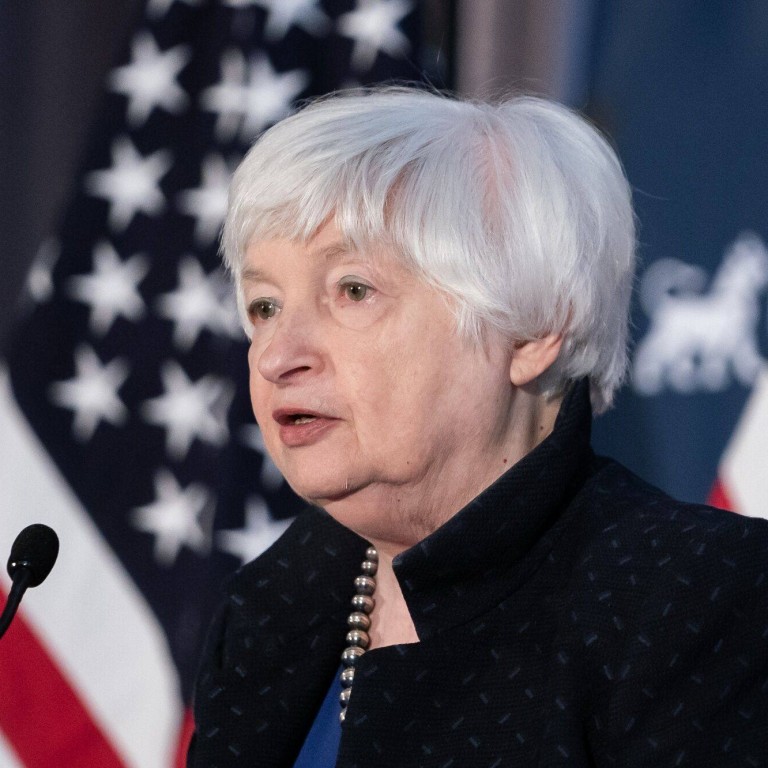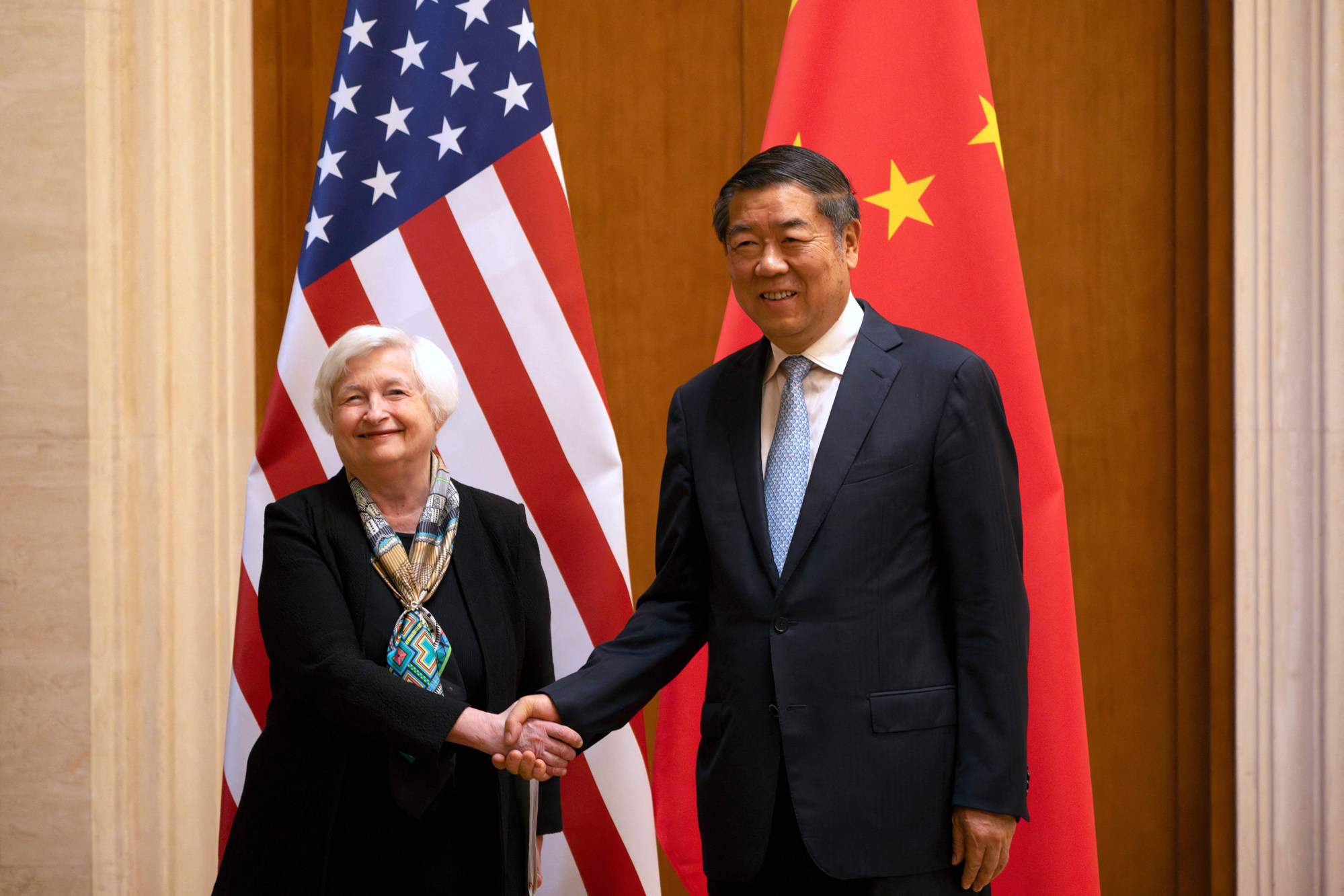
US economic approach to China must be ‘serious, clear-eyed’, Treasury Secretary Janet Yellen says
- While reiterating Washington seeks not to decouple from Beijing, treasury secretary outlines strategy to expand trade in the Indo-Pacific
- Ensuring national security and advancing human rights form pillar of US economic strategy on China, Yellen adds
“We have no interest in such a divided world and its disastrous effects,” she said.

But Yellen also made clear that an Indo-Pacific economic strategy required much more than a China strategy.
China and US set for first nuclear non-proliferation talks in years
She made a case for expanding trade and investment in the Indo-Pacific, saying US trade with the region had steadily increased in the past decade.
In addition to vastly expanding the consumer base for American firms, trade with the Indo-Pacific was crucial to bolstering US supply chain security, she said.
The group, which currently has 14 members that account for about 40 per cent of the world’s GDP, is also aimed at reducing its members’ economic reliance on China, though without market access provisions.
Yellen on Thursday noted the Biden administration’s efforts at “friendshoring” – diversifying American supply chains across allies and partners – and pointed to some early successes.
But analysts say that diversifying away from China will be no easy feat.
As of 2021, China was the top source of manufactured goods for all IPEF countries except Brunei and the top export destination for manufactured goods for half of IPEF member countries, according to a research note last week by the Peterson Institute for International Economics.
Don’t expect any breakthroughs when Xi and Biden meet, analysts say
“Claims that America is turning away from the Indo-Pacific are wholly unfounded,” she said on Thursday, emphasising also the important role economic engagement with the region plays in solving global challenges like climate change.
China-US ties must return to ‘healthy, stable’ state soon: Foreign Minister Wang Yi
Responding to Yellen’s speech, Wendy Cutler of the Asia Society Policy Institute said she “couldn’t help but applaud the emphasis [Yellen] put on bolstering trade and investment in the region”.
“You don’t hear that a lot in Washington these days, and I thought she was pretty forthcoming.”
Cutler said it was “refreshing” to hear emphasis on an economic strategy focused on the broader region.

